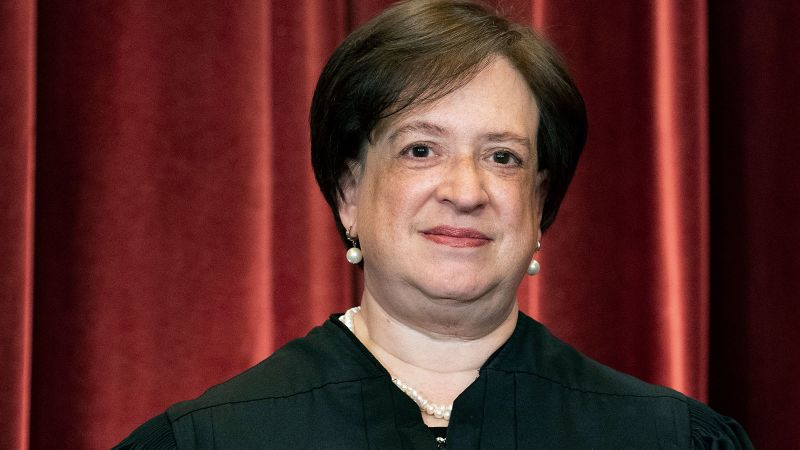In a recent Supreme Court case, the question of whether former President Donald Trump is entitled to claim immunity in a federal election subversion case was brought to the forefront. Justice Elena Kagan took a particularly skeptical stance, questioning just how far presidential immunity could extend. She raised the hypothetical scenario of a military coup led by an ex-president, emphasizing the need to establish clear boundaries and limitations on such privileges.
Throughout the proceedings, Justice Kagan pressed Trump’s attorney for clarification on the scope of presidential immunity. She highlighted the potential dangers of allowing ex-presidents to evade accountability for their actions, especially in cases involving electoral interference. By invoking the extreme scenario of a military coup orchestrated by a former leader, Justice Kagan underscored the importance of establishing legal safeguards to prevent such abuses of power.
The case has sparked a broader debate on the limits of presidential immunity and the balance between executive privilege and accountability. As Justice Kagan emphasized, the potential implications of granting unchecked immunity to former presidents are far-reaching and could undermine the foundations of democracy. By challenging Trump’s attorney and raising thought-provoking scenarios, she demonstrated the need for a careful examination of these issues to preserve the integrity of the legal system.
The implications of this Supreme Court case extend beyond the specific circumstances involving Donald Trump. It raises fundamental questions about the nature of presidential immunity, the separation of powers, and the rule of law in a democratic society. Justice Kagan’s probing inquiries underscored the complexity of these issues and the need for a nuanced approach to ensure that no individual, regardless of their status, is above the law.
As the case continues to unfold, it is clear that the Supreme Court faces a challenging task in balancing the competing interests at play. While presidential immunity serves important functions in protecting executive decision-making, it must also be subject to limitations to prevent abuses of power. Justice Kagan’s rigorous scrutiny of Trump’s attorney’s arguments highlights the need for a careful and deliberative approach to resolving these complex legal issues.
In conclusion, the Supreme Court case involving former President Donald Trump’s claim to immunity in a federal election subversion case has raised critical questions about the boundaries of presidential privilege. Justice Kagan’s pointed questions and hypothetical scenarios have added depth to the debate, emphasizing the need for clear limitations on executive immunity. The outcome of this case will have far-reaching implications for the rule of law and the accountability of public officials, underscoring the importance of a careful and thoughtful examination of these issues.


